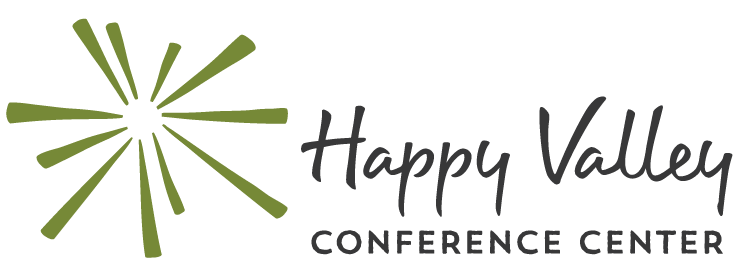This week we met with Tim and discussed an ACA article that had to do with camp administration. If you would like to read the original article you can find it here!
The article discussed camp boards: what their responsibilities are, the culture that is within them, how to recruit good members, training new board members, and making sure the board evaluates its performance. The article provided a lot of good advice to make sure that the vision of your board and the mission of your organization match up.
I was curious to compare the description of a good board from the article to what the board of directors at Happy Valley are like. This required a little insight from Tim as he answered our questions on how many members there were, what kind of professions do they have, and how many terms have they served. I’ve had experience with observing camp boards in the past and I know how important it is that people work together on it and communicate well.
The other interns on this…
I can’t say I have the experience with camp boards as Brooke has, but I certainly see the value in what they provide. I understand the importance of a diverse board with set terms so as to keep the board fresh, though I also see value in having some board members that have been around for many years. I think it’s good to recruit members from every walk of life-teachers, accountants, church members, etc from many different age groups. I’m interested to research more in what the board looks like for my home campground now!
-Lynley
My favorite part of this discussion was when we talked about what types of people are on boards and how to get diversity on a board that hasn’t changed much at all over a long period of time. I can definitely see how hard it must be for boards to make those types of changes because often it involves admitting that you aren’t a good fit anymore, or that even if you are a good fit, you need to take a break in order to respect a new model of management. That takes a lot of guts and self-knowledge! But it’s really important, as we discussed how helpful it is to have “outsiders” be members of important decisions to make more informed decisions and help the camp ultimately become more relevant to wider circles.
At the same time, it’s also important to usher in change in a different way: Boards need to be making changes that encourage the next generation to be involved. Some camps I’ve seen have had people still in high school or college on their boards. Others use internship programs to fulfill that need. But as the generations that once gave time, money, and energy to camps fades into the background, new boards need to figure out how to impress on themselves and others the importance of contributing to campgrounds. As Lynley (or maybe it was Brooke) pointed out in our meeting, if we don’t invest in encouraging young generations, we aren’t investing in the future of the campgrounds. Similarly, without campgrounds, CoC can’t invest in its own next generation.
-Antonia


I’m VERY happy to hear that you spend some time talking about boardsmanship. Some other excellent sources to look at is the “Carver Principles” http://www.carvergovernance.com/index.html
This was the model used to structure the HV board. The board focuses on the ENDS and the Executive directors focus on the MEANS to accomplish the ENDS.
If we get a change it might be good to understand what the fiduciary duties of a board member are!